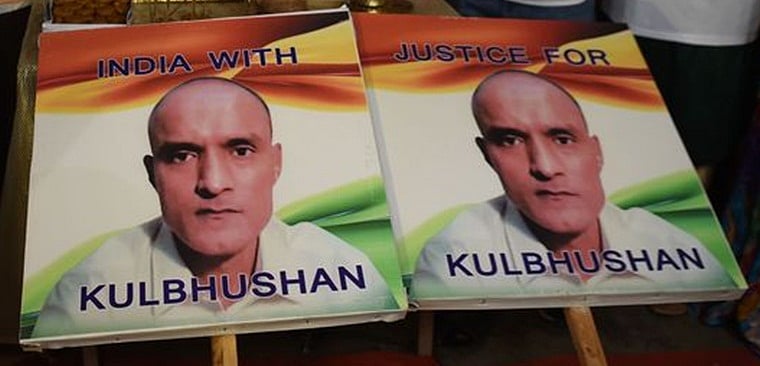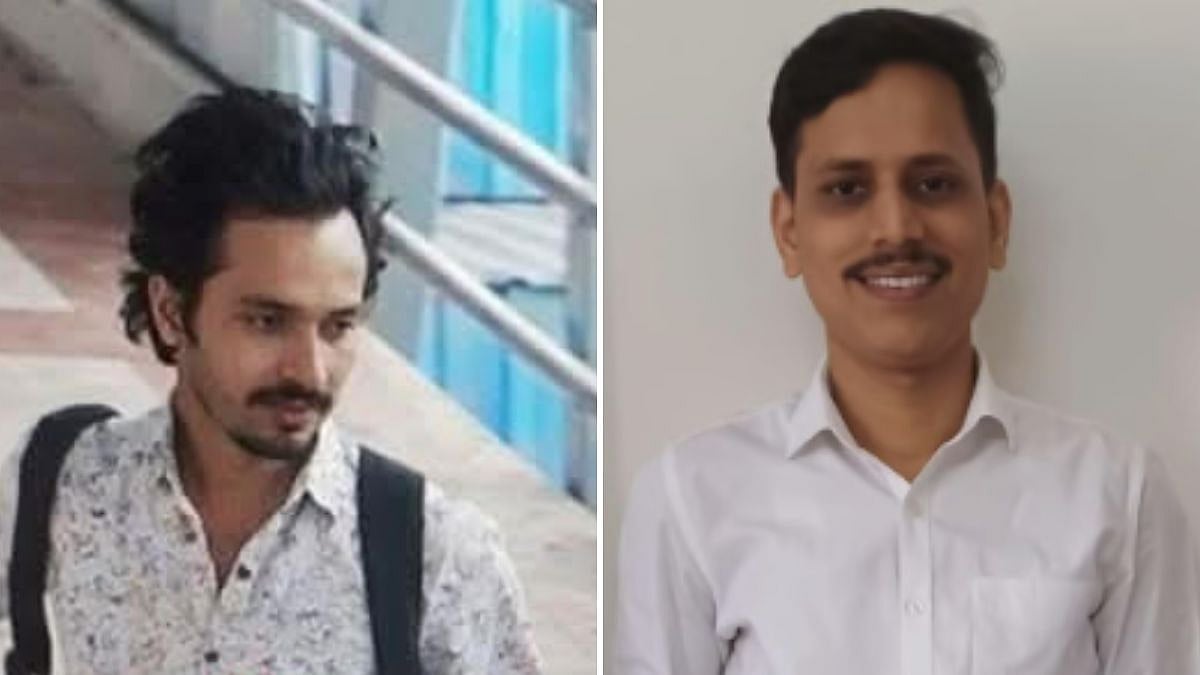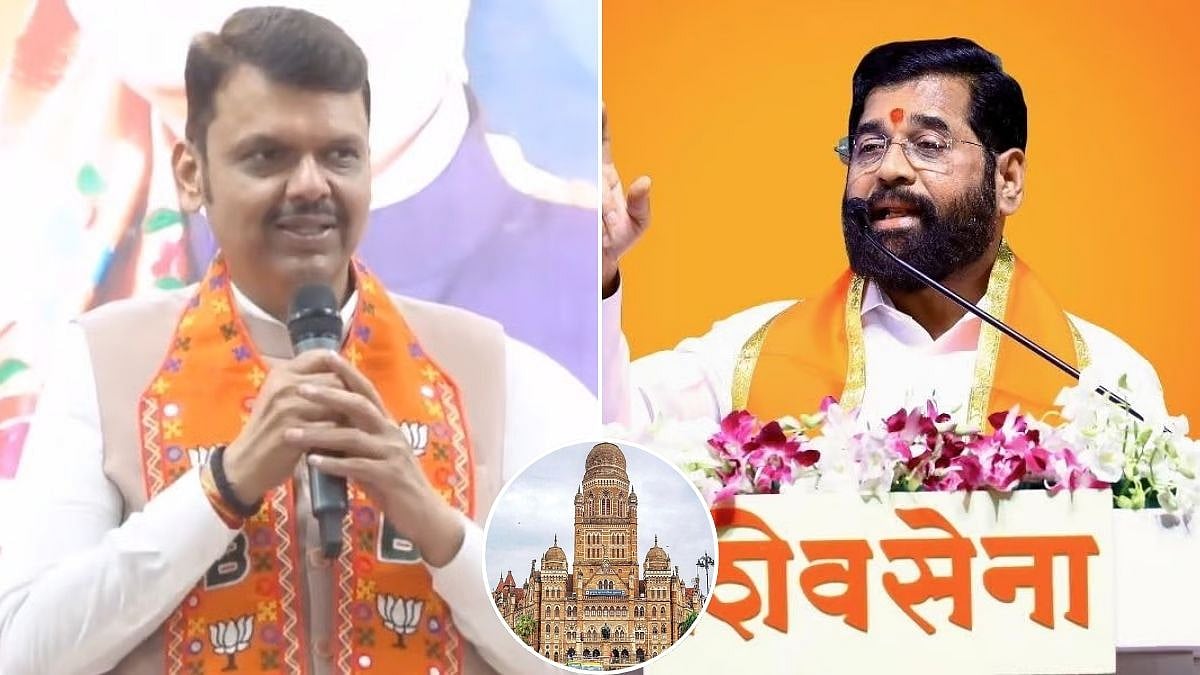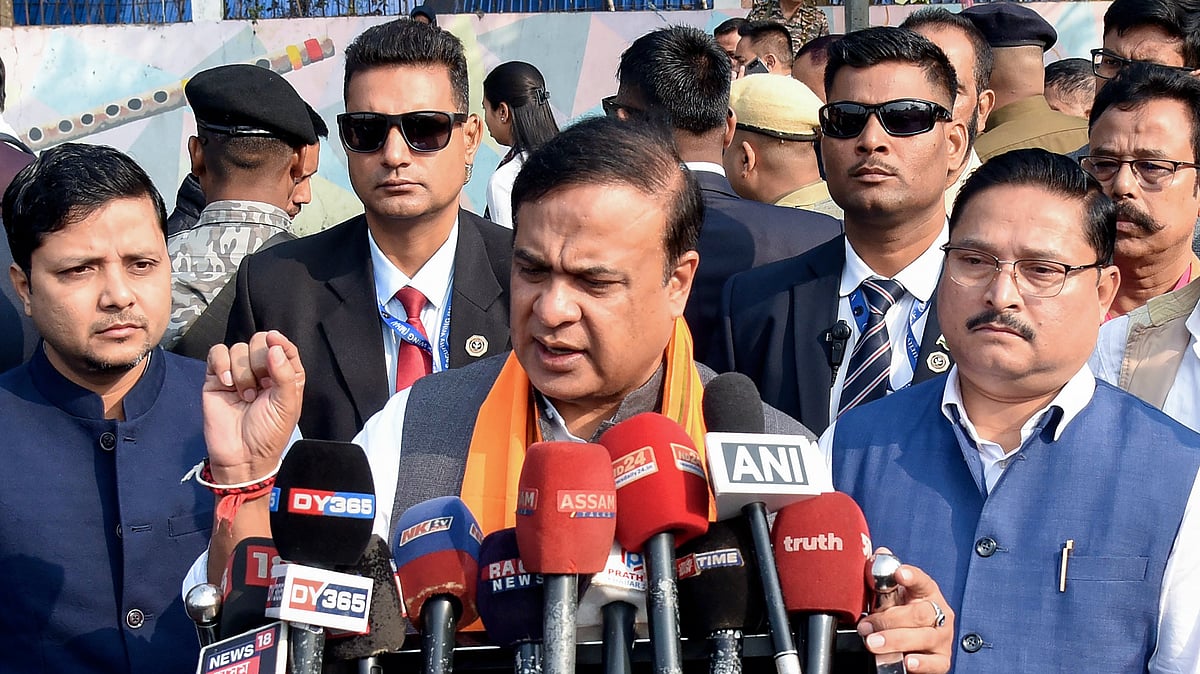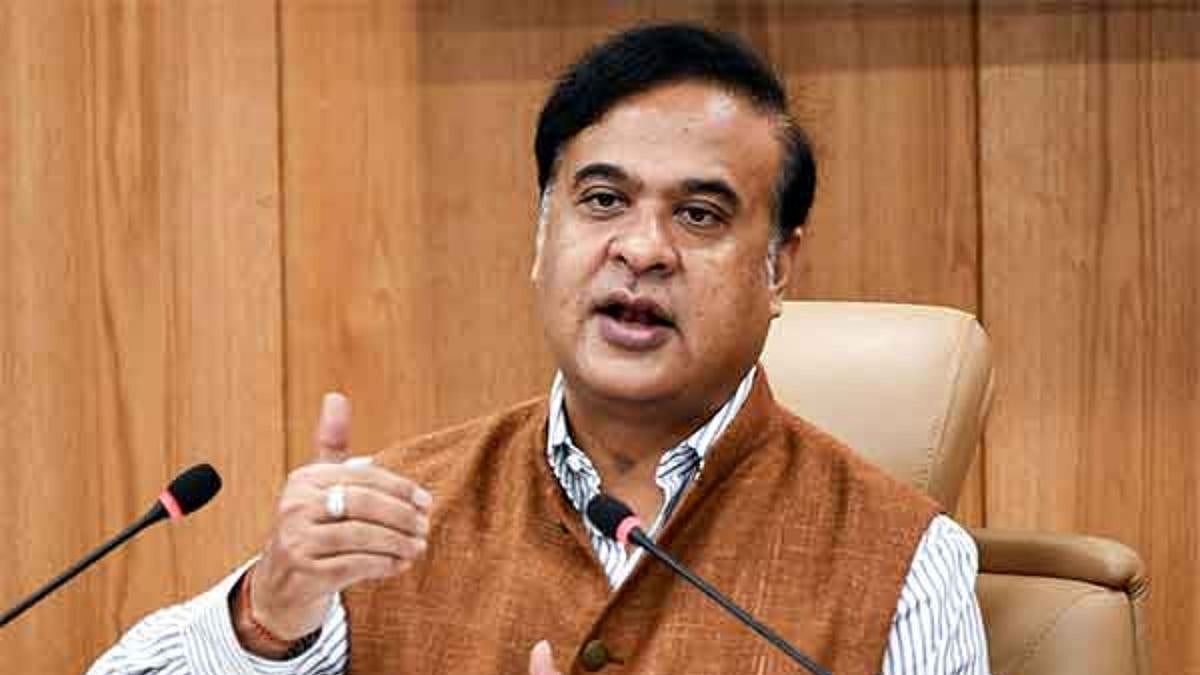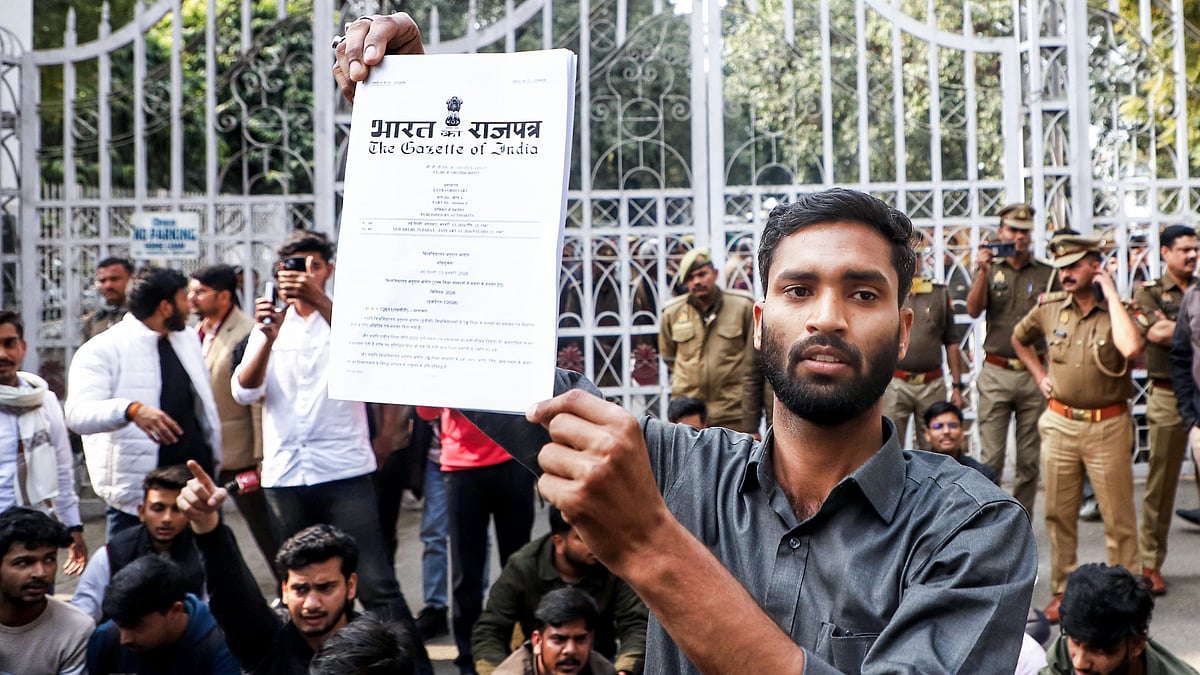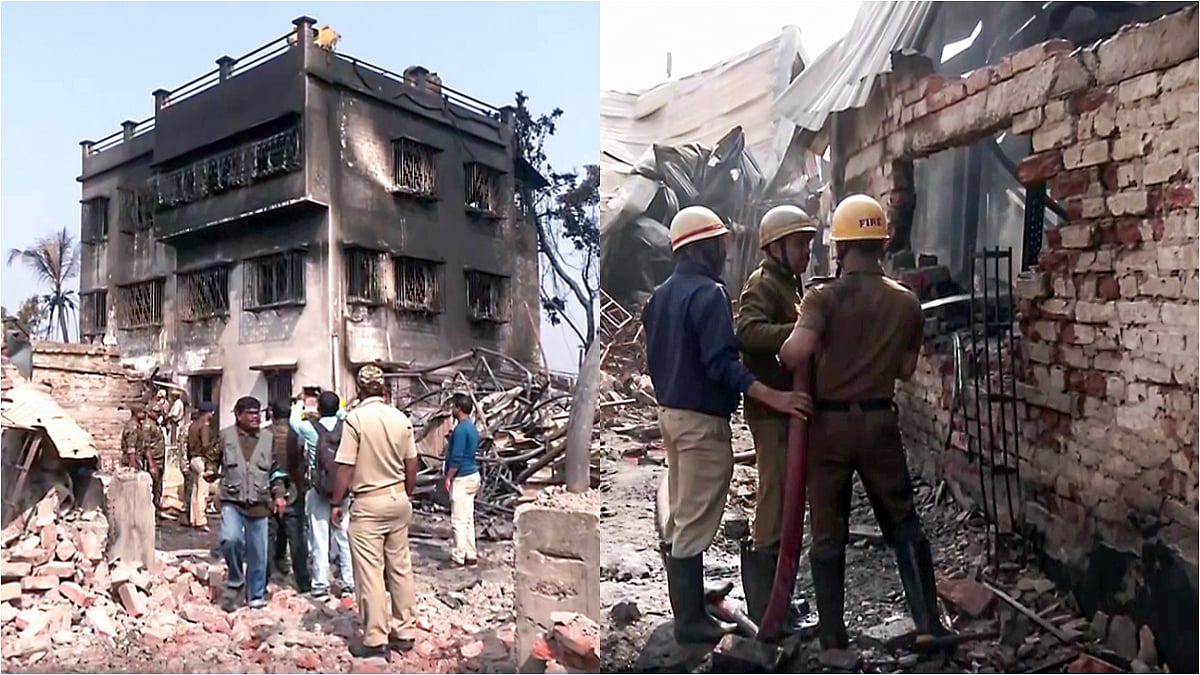The International Court of Justice on Wednesday ruled that Pakistan must make an "effective review and reconsideration" of the conviction and death sentence of Indian national Kulbhushan Jadhav and grant him consular access, in a victory for India in the high-profile case.
Jadhav, 49, a retired Indian Navy officer, was sentenced to death by the Pakistani military court on charges of "espionage and terrorism" after a closed trial in April 2017. His sentencing evoked a sharp reaction in India. A 16-member bench led by President of the Court Judge Abdulqawi Ahmed Yusuf by 15-1 votes ordered an "effective review and reconsideration of the conviction and sentence of Mr Kulbhushan Sudhir Jadhav".
What the verdict really means?
Recalling that it had directed Pakistan to take all measures at its disposal to ensure that Jadhav is not executed pending the final decision in the case, the bench said it considers that "a continued stay of execution constitutes an indispensable condition for the effective review" of the sentence of Jadhav.
The bench, however, rejected most of the remedies sought by India, including annulment of the military court's decision convicting Jadhav, his release and safe passage to India. The bench ruled by 15 votes to 1 that Pakistan "deprived the Republic of India of the right to communicate with and have access to Mr Kulbhushan Sudhir Jadhav, to visit him in detention and to arrange for his legal representation".
First, the ICJ suspended the death penalty awarded to Kulbhushan Jadhav by the Pakistani military court. Secondly, the ICJ ruled that Pakistan will have to review the entire process of trial and conviction of Kulbhushan Jadhav.
It directed Pakistan to take all measures at its disposal to ensure that Mr Jadhav is not executed pending the final decision in the present proceedings. The court considers that a continued stay of execution constitutes an indispensable condition for the effective review and reconsideration of the conviction and sentence of Mr Jadhav.
Thirdly, the ICJ noted that Pakistan breached the obligation incumbent upon it under Article 36 of the Vienna Convention on consular relations. This means that Pakistan has now to provide India consular access to Kulbhushan Jadhav.
All this means that irrespective of what the ICJ ruling on Kulbhushan Jadhav entails, it would be purely up to Pakistan to decide whether or not to execute him.
Is it a moral victory for India?
Pakistan was under the obligation to inform India about the arrest and detention of Jadhav under the Vienna Convention, the court said. The bench observed that there was a three-week delay in informing India about Jadhav's arrest on March 3, 2016, leading to a "breach" of Pakistan's obligations under the convention.
Noting that India has made a number of requests for the consular access, which was denied by Pakistan, the court said it was "undisputed" fact that Pakistan did not accede to India's appeals. The court said that Pakistan has not explained how any of the wrongful acts allegedly committed by India may have prevented it from fulfilling its obligation. The judges said there was no basis to conclude that India abused its procedural rights when it requested indication of provisional measures in this case.
Apart from the international politics of getting such resolutions passed by the UN Security Council, there has also been the issue of countries choosing not to honour the court's verdict. What comes into play here is that because the ICJ has no power of its own, a country would have to decide whether or not it will implement the verdict.
Is India over-exaggerating the verdict?
Though India succeeded in securing a stay on the death sentence of Kulbhushan Jadhav, its argument to annul the military court verdict was not accepted. The Indian side also sought a direction to Pakistan for providing a safe passage for Kulbhushan Jadhav to return home.
The ICJ ruled, it is not the conviction and sentence of Mr Jadhav which are to be regarded as a violation of Article 36 of the Vienna Convention. Thus, the court finds that these submissions made by India cannot be upheld, reads the judgment of the ICJ.
The case
The verdict in the high-profile case comes nearly five months after the bench led by Judge Yusuf had reserved its decision on February 21 after hearing oral submissions by India and Pakistan. The proceedings of the case took two years and two months to complete.
India moved the ICJ in May 8, 2017 for the "egregious violation" of the provisions of the Vienna Convention by Pakistan by repeatedly denying New Delhi consular access to Jadhav. A bench of the ICJ, which was set up after World War II to resolve international disputes, on May 18, 2017 had restrained Pakistan from executing Jadhav till adjudication of the case. Pakistan claims that its security forces arrested Jadhav from restive Balochistan province on March 3, 2016 after he reportedly entered from Iran.
However, India maintains that Jadhav was kidnapped from Iran where he had business interests after retiring from the Navy. Pakistan had rejected India's plea for consular access to Jadhav at the ICJ, claiming that New Delhi wants the access to get the information gathered by its "spy". However, Pakistan facilitated a meeting of Jadhav with his mother and wife in Islamabad on December 25, 2017.
A four-day public hearing in the high-profile case took place in February amidst heightened tensions between India and Pakistan following one of the worst terror attacks in Jammu and Kashmir by Pakistan-based Jaish-e-Mohammed terror group that killed 40 CRPF soldiers on February 14. During the hearing in ICJ, both India and Pakistan submitted their detailed pleas and responses.
India based its case on two broad issues -- breach of Vienna Convention on consular access and the process of resolution. Harish Salve, who was representing India in the case, questioned the functioning of Pakistan's notorious military courts and urged the top UN court to annul Jadhav's death sentence, which is based on an "extracted confession". In his submission in the ICJ on the last day of the hearing, Pakistan's counsel Khawar Qureshi said, "India's claim for relief must be dismissed or declared inadmissible."
(Inputs from Agencies)
